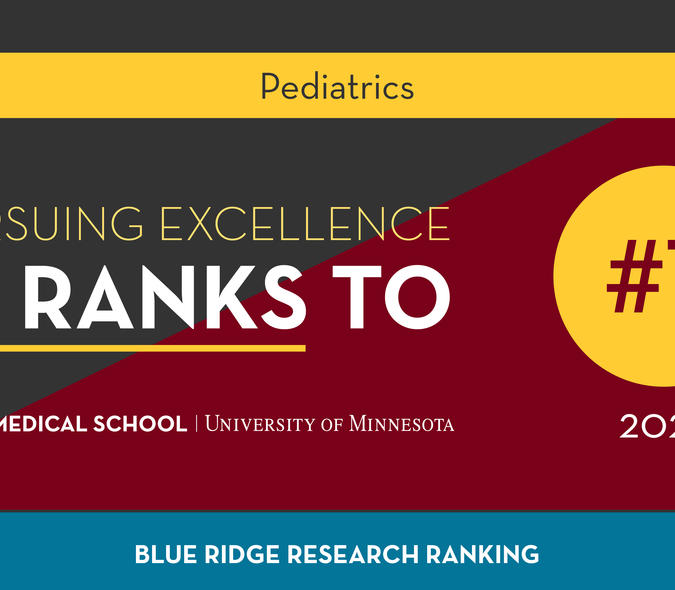
New Pediatric Cancer Study Focuses on Possible Genetic Risk Factors for Acute Lymphoblastic Leukemia
Acute lymphoblastic leukemia (ALL) is one of the most common pediatric cancers. During ALL, the cancer can either affect the B-cells or T-cells of the body, both of which contribute to one’s immune responses. This cancer essentially inhibits the ability of the body to make these immune cells by stopping the cell development at its source; the bone marrow.
With treatment technologies improving, the survival and remission rates of those affected by this disease continue to rise. Even with these new technologies, researchers at the University of Minnesota, including Logan Spector, PhD, Professor in the Department of Pediatrics Division of Epidemiology and Clinical Research and member of the U of M Masonic Cancer Center, look to further study B-cell ALL. With the help of a five-year, $3 million grant, called the “Admixture and Risk of Acute Lymphoblastic Leukemia” grant, the researchers want to further analyze the rate of incidence and severity of the disease among different groups of individuals. Previous research has shown that black children have half the incidence of ALL compared to white children, but black children diagnosed with the disease tend to have worse forms of cancer and lower positive health outcomes compared to white children.
Dr. Spector says these differences may be attributed to genetic admixture, a term referring to the genetic makeup of people whose ancestry includes previously isolated populations that have bred together over generations. To study and evaluate this connection, Dr. Spector and his team of researchers from multiple institutions will use the grant money and genotyping techniques. Depending on the outcomes of the study, this could lead to further advancements in knowledge and individual treatment therapies that could be used to combat B-cell ALL. To read the full article, follow this link.

